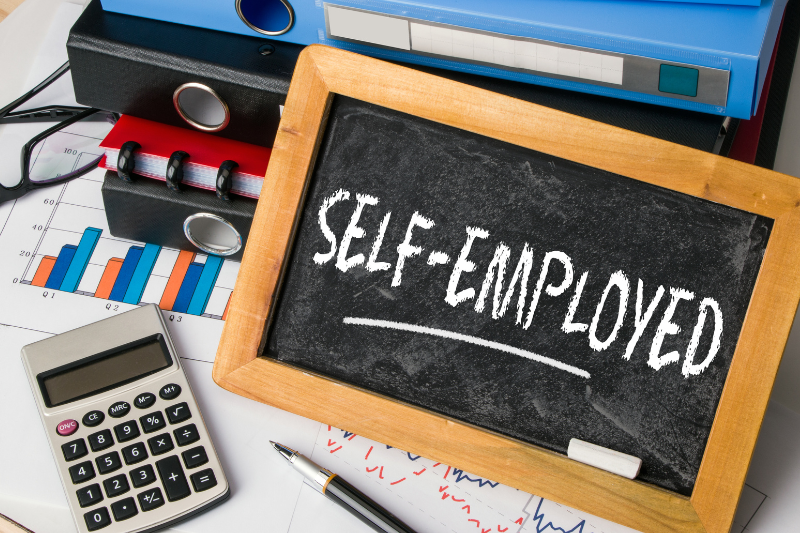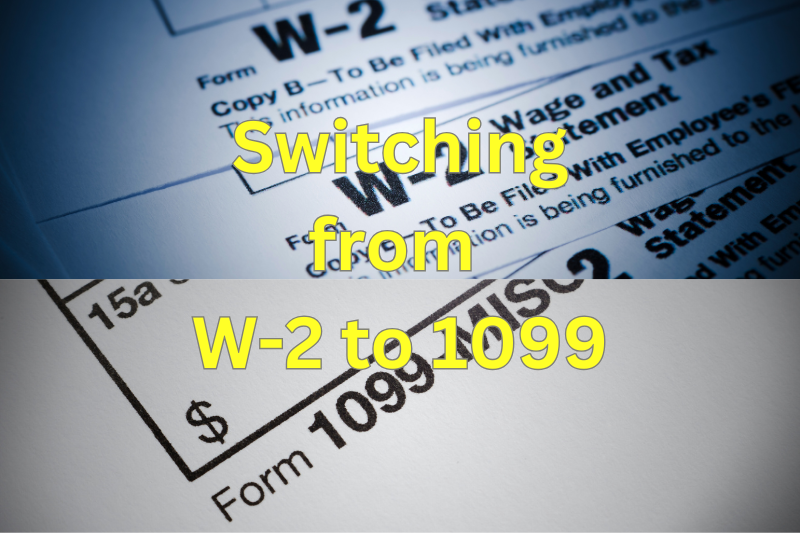So you’ve been out here grinding. LLC in the bio. Invoices flying. Taxes paid (hopefully).…
Homebuying During Hurricane Season in Texas
Hurricane season can have a significant influence on the home buying process in Texas. Its impact can vary depending on the hurricane’s severity and your chosen location within the state. Below, we’ll explore how hurricane season can affect your homebuying experience:
1. Insurance Costs: Homebuyers in hurricane-prone regions of Texas often face elevated insurance premiums. This hike is attributed to the escalated risk of hurricane-related damage. Insurers adjust their rates based on historical hurricane data and a property’s vulnerability, adding to the overall homeownership expenses.
2. Property Damage Risk: Hurricanes can unleash substantial harm on homes, particularly those situated in coastal or flood-prone areas. Prospective buyers should exercise caution when considering properties in these regions, as they may require additional upkeep, repairs, or investments in protective measures such as storm shutters or flood defenses.
3. Availability of Financing: Lenders tend to be more cautious when extending mortgage loans for homes in hurricane-prone areas. They may request additional documentation or insurance coverage to safeguard their interests. This could make it more challenging for buyers to secure financing for properties in high-risk zones.
4. Property Values: Hurricane damage can take a toll on property values. In the aftermath of a major hurricane, affected areas may experience decreased property values due to perceived risk and actual damage. Nevertheless, over time, property values may rebound as communities recover and reconstruct.
5. Timing: Some buyers may opt to time their purchases to avoid the peak of hurricane season, typically spanning from June to November. This strategic timing aims to reduce immediate exposure to damage risk.
6. Inspection and Due Diligence: Homebuyers in hurricane-prone regions should conduct comprehensive inspections and due diligence to assess a property’s susceptibility to storm damage. This involves evaluating critical aspects like the roof, windows, foundation, and drainage systems.
7. Emergency Preparedness: The level of emergency preparedness within a community should factor into your decision-making process. Some communities invest more in hurricane readiness, which can directly affect the safety and resilience of homes in the area.
8. Resale Value: When purchasing a home, it’s wise to consider its future resale value. Homes that have been fortified against hurricane damage tend to be more attractive to potential buyers down the line.
9. Insurance Deductibles: Buyers should be well-versed in the insurance deductibles associated with hurricane-related claims in their area. High deductibles can significantly impact the cost of post-hurricane repairs.
Hurricane season can influence insurance expenses, property values, financing options, and property desirability. To make informed decisions, homebuyers should assess these factors meticulously, conduct thorough research, and seek guidance from local real estate professionals who possess in-depth knowledge of the specific risks and conditions in the area. Click HERE to see if you qualify for a free review of your debt-to-income (DTI) ratio.





